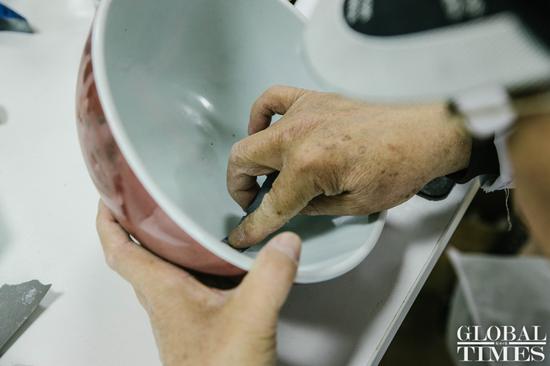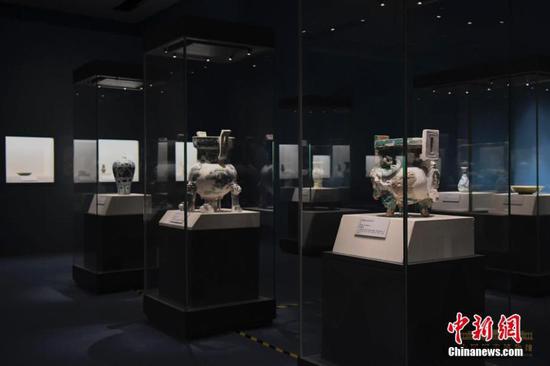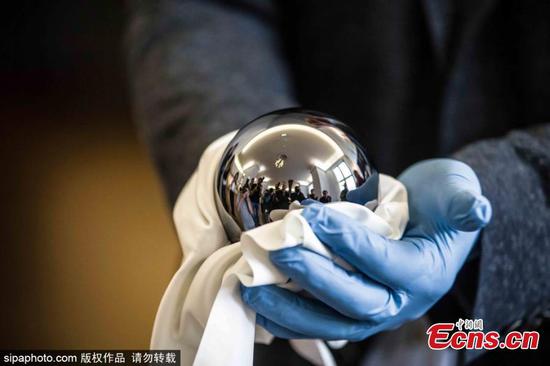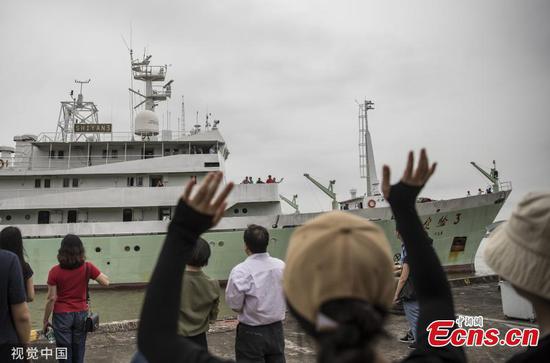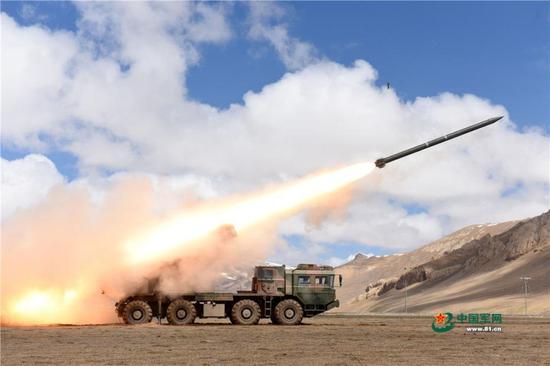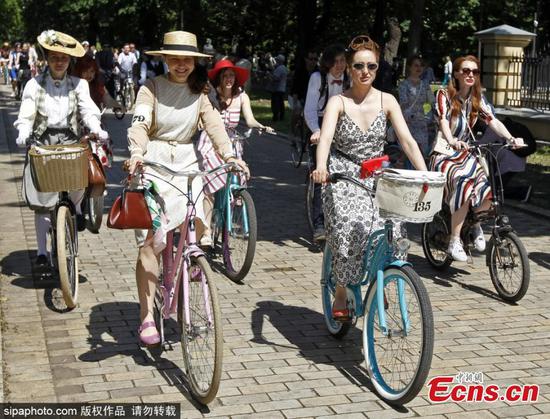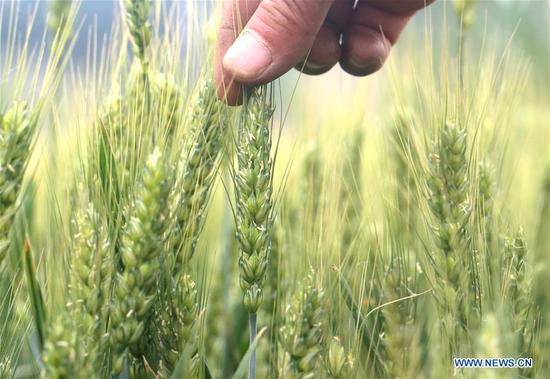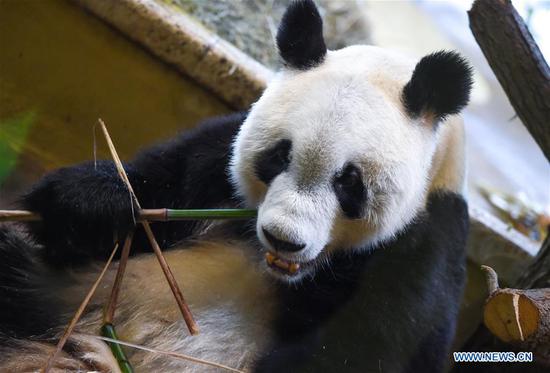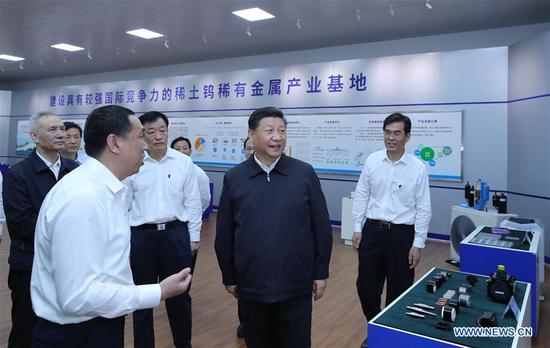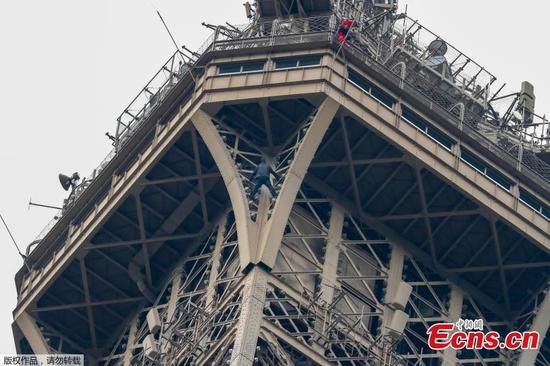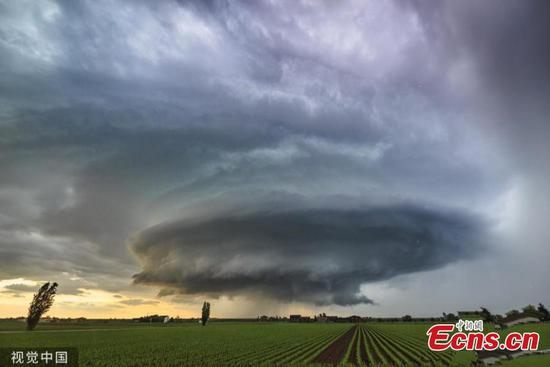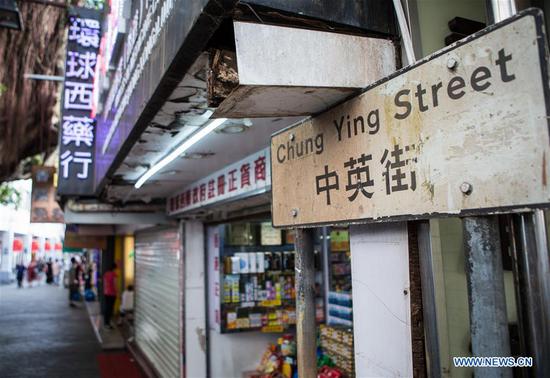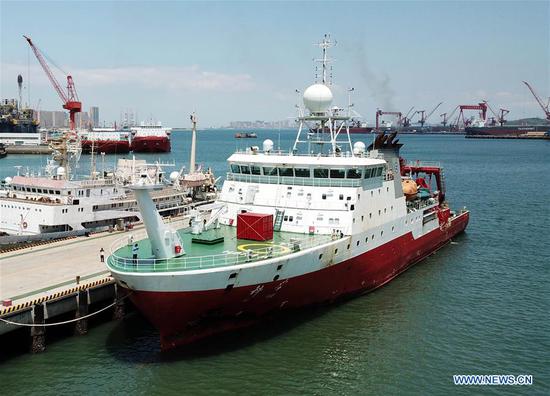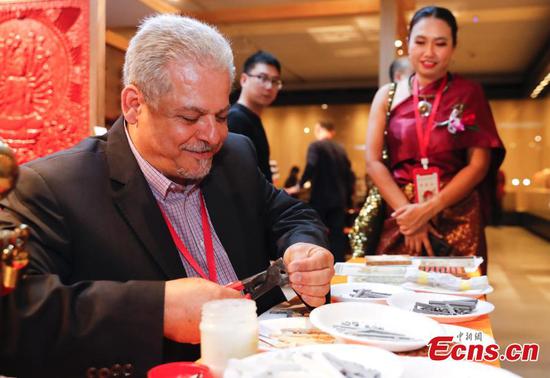China aims to tighten regulation of its foreign exchange market, a move analysts said is necessary to sound and steady economic development while offering support to the exchange rate of the yuan.
A notice posted on Monday on the website of the State Administration of Foreign Exchange (SAFE) disclosed 17 foreign exchange violations. It was the first such notice this year.
Six enterprises and six individuals were involved in unlawful behavior ranging from evasion of currency controls to illegal transactions, according to the SAFE.
Yangfan Trading based in Guangzhou, South China's Guangdong Province, remitted about $93 million overseas via counterfeited vouchers and made-up transactions between May 2016 and June 2017. It was fined 37.34 million yuan ($5.4 million) by the regulator, the notice said.
Among the illegal individual foreign exchange cases, a person surnamed Hong from East China's Zhejiang Province spent 312 million yuan buying foreign exchange to purchase overseas property between February 2011 and October 2015. The amount involved was the largest among all 17 cases. Hong was fined nearly 25 million yuan.
In addition, five commercial banks including Industrial and Commercial Bank of China and China Merchants Bank were found to have illegally helped enterprises to avoid or evade foreign exchange rules.
"Authorities are showing a firm attitude toward a crackdown on the chaos in the foreign exchange market," said Dong Dengxin, director of the Finance and Securities Institute at the Wuhan University of Science and Technology.
With China's financial markets opening up further and more trading mechanisms like the Shanghai-London Stock Connect ready to be introduced, regulations need to catch up, Dong told the Global Times Tuesday.
In addition to penalties, the enterprises and individuals will be added to the credit reference system of the People's Bank of China (PBOC), the country's central bank. Specifically, the individuals will be managed under a "focus list." They will remain on the list for two consecutive years, and they will face stricter audits when receiving services related to foreign exchange.
With the yuan fluctuating in the short term amid the escalating China-US trade war, the SAFE's disclosure is a warning to the market about its tightening measures and serious attitude on the foreign exchange sector, according to Dong.
Compared with the situation in 2016, there is no obvious pressure of foreign exchange outflows at the moment, said Liu Xuezhi, an economist at Bank of Communications.
Liu told the Global Times on Tuesday that the authority's move will play an active role in supporting the yuan. Dong said that it indicates a policy trend and helps to discourage illegality.
Pan Gongsheng, deputy head of the PBOC and chief of the SAFE, said on Sunday that the sound and healthy operation of the nation's economy and financial system has provided solid support for the foreign exchange market and kept the yuan at a reasonable level, according to the Xinhua News Agency.
"China has the foundation, capability and confidence to keep the yuan's exchange rate basically stable at a reasonable and balanced level," the official said.











